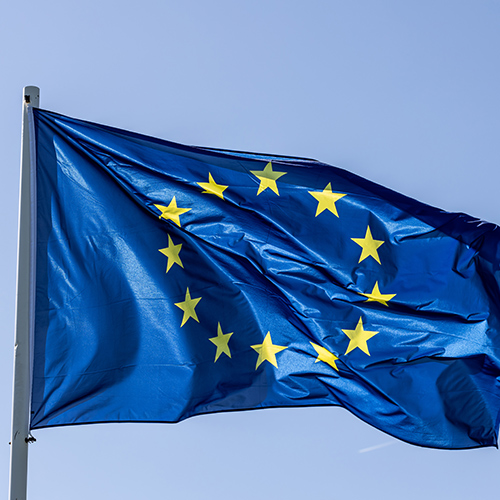Can power be spent?
Meanwhile, America’s more aggressive, transactional foreign policy is causing massive shifts in geopolitics. Certain immutable facts and alliances, built up over decades, have fractured almost overnight.
The main one is NATO, a collective security pact that relies on its 32 members being adamant that any attack on one would trigger immediate retaliation by the rest. The US’s equivocation on this point has badly damaged it, perhaps irreparably. But Trump has done more than just put the sledgehammer to an ageing bulwark against the shadow of a Cold War superpower. He has threatened, insulted or economically attacked almost every major nation his country deals with.
This raises a question about the substance of global power. Is America’s heft on the world stage intrinsic and enduring regardless of what it does? Or does it derive its power from being the pre-eminent economy with legions of other, still powerful friends that owe it deference, favours and respect for past aid, shared struggles and common ideals? If America’s power is solely because it’s the biggest fish, Trump is finally making use of that power in his nation’s interest. But if not, he may be drawing down on that power like cashing out an investment built up over many decades. Because few nations are likely to forget Trump’s second term in a hurry, especially if it continues in the same vein as the first 50 days.
How the rest of the world reacts to the US could cause seismic shifts in geopolitics, national objectives and government spending, and trade. This all matters for businesses because it tends to widen or narrow the pool of partners you can work with, the regions you can operate in and the flows of investment you can capture or must contend with.
For instance, German Chancellor-in-waiting Friedrich Merz has proposed to amend the constitution and scrap the country’s debt brake, allowing the creation of a 10-year €500bn infrastructure and rearmament fund. If approved, this river of money could flow into a nation that has parched itself of infrastructure investment for years because of a commitment to straitened government finances. Along with rearmament, it could help revitalise the German ‘mittelstand’, a network of small industrial parts manufacturers that has faded since the Global Financial Crisis. This engine room of the German economy was particularly badly hit when the Russian invasion of Ukraine sent energy prices soaring.
The EU has also stepped in to incentivise its members to spend more on national defence. It proposes allowing nations to spend 1.5% more of their GDP on their military while not including it in rules that limit countries from spending more than they receive in taxes to the tune of 3% of GDP. The European Commission estimates that would free up roughly €650bn over four years. It’s then up to individual nations as to whether they take advantage.
If passed, these policies would amount to a complete change in direction for Europe, which has been saddled with underinvestment, anaemic economic growth and ultra-low interest rates relative to the rest of the world. Excitement about this is why European stocks have skyrocketed in the past couple of weeks. Expectations for greater government spending across the bloc – particularly in Germany – sent the yield on 10-year German bonds soaring from 2.36% at the beginning of the week to 2.85% by the end. It’s hard to explain just how massive that move is.
Ironically, this sea-change has coincided with the European Central Bank cutting its benchmark interest rate by 0.25% to 2.5% in an attempt to relieve the beleaguered economic bloc today. Yet the flow of money to Europe driven by this expectation of stronger economic growth, better company profits and higher-yielding government bonds has punctured dollar strength and sent European currencies higher.
Is this really a turning point for Europe, or a false dawn?








